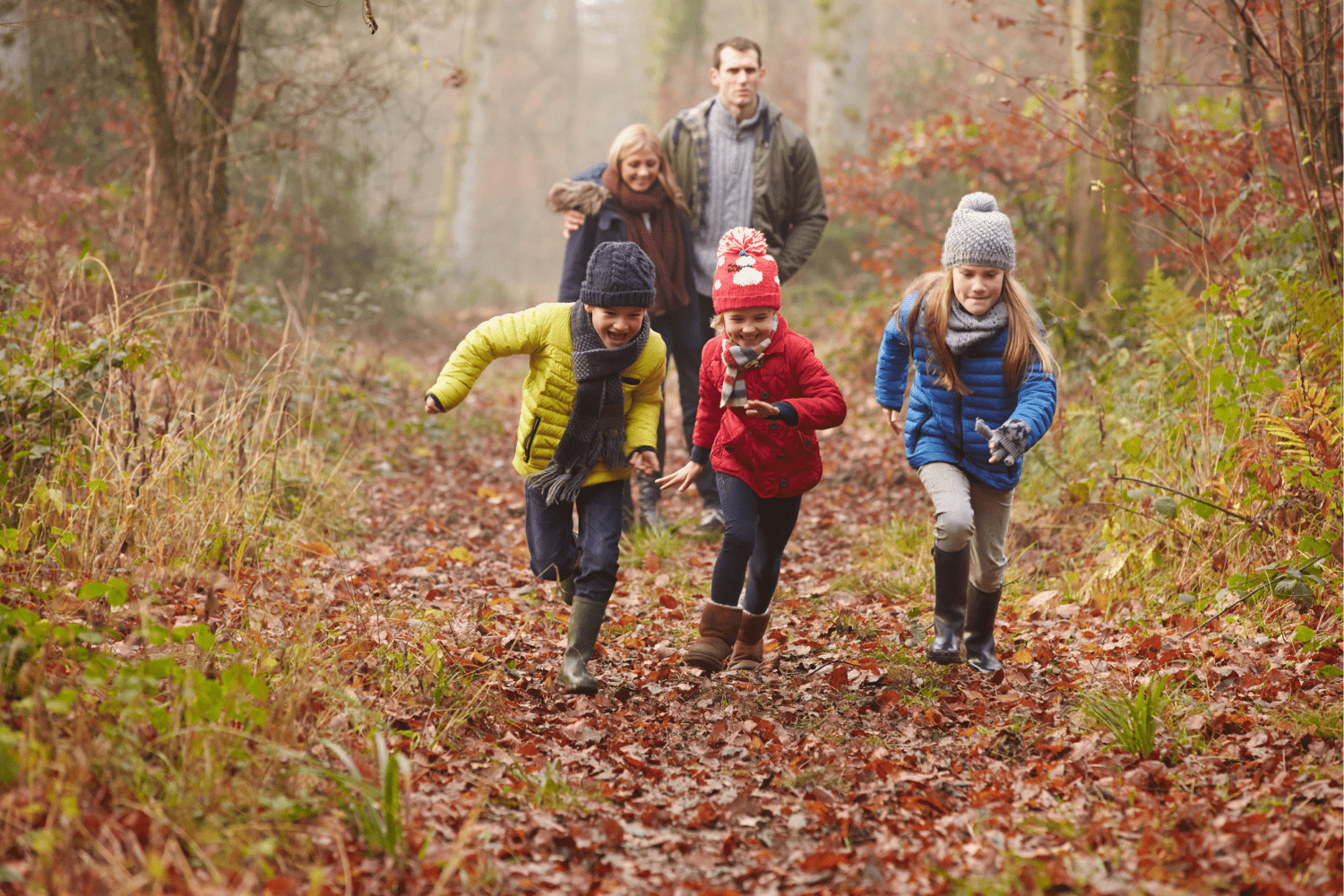How you can help your child’s speech and language development

As a parent or carer, there are a number of ways you can help with your child’s speech and language development:
Get their attention
Always say their name first before you ask them to do something or give an instruction as this helps them look at you and makes sure they’re listening.
Make understanding easier
Give shorter instructions and leave a bit of time for them to process what you’ve said and give them time to respond.
Learning new words
It’s incredibly important for children to learn new words from the adults they spend time with, so make sure you are always talking about what you are doing and seeing.
Help them link new words and ideas to what they know already and remember that they will need to hear and say the new word lots of times in different situations for it to stick.
Check understanding with them
Encourage children to ask when they are unsure, and check back with them to make sure they understand by asking them to tell you what they need to do.
Modelling
Give them good models to copy, rather than correct what they have said by repeating it the right way. For instance, your child says ‘play with my tars at home’ and you respond with ‘yes, your cars at home’.
You could also add another word or two to help them develop their talking e.g. ‘that dog runned’, and you respond with ‘yes, that dog ran across the grass’.
Don’t ask too many questions
When adults use comments and prompts rather than questions, children join in and talk a lot more.
Sharing books
Let your child choose books they are interested in. Talk about the story and the pictures with them before, during and after reading.
When reading a story, help their listening and remembering by telling them which bits of information to focus on. For example, ask them to listen for which characters they can hear in the story.
Visit Words for Life for more tips and ideas for books that are suitable for all ages.
Make learning fun
Play around with words, making up silly rhymes – children of all ages can enjoy the fun of language. Understanding how words are made up and how some words rhyme helps when learning to read.
Have conversations
When you’re out and about, talk about what you can see. Children will learn best when they’re given the opportunity to talk about things that are there in front of them.
Games to encourage your child’s communication skills
‘The good old days’
Encourage your child to;
- Ask a family member to talk about their past and the ‘good old days’. Talk about how things are different now
- Start a scrapbook with photos and pictures in from the past and the ‘good old days’
Animal Alphabet
- Can you think of an animal beginning with each letter of the alphabet?
- Take turns with each letter
- What about foods or different objects you can find in the house?
Charades
- Play a game of charades, taking turns miming the words and trying to guess the film, book or TV programme
Yes/No Game
- Take turns choosing a job/an animal/a famous person and then see if the others can guess what it is by asking you questions
- You can only answer yes or no
Make a vocab graffiti wall
- Use a big sheet of paper
- Choose a topic like ‘the weather’ or ‘football’ (action words or describing words)
- Think of as many words as you can (nouns, verbs and adjectives) about that topic and write the on the ‘wall’

